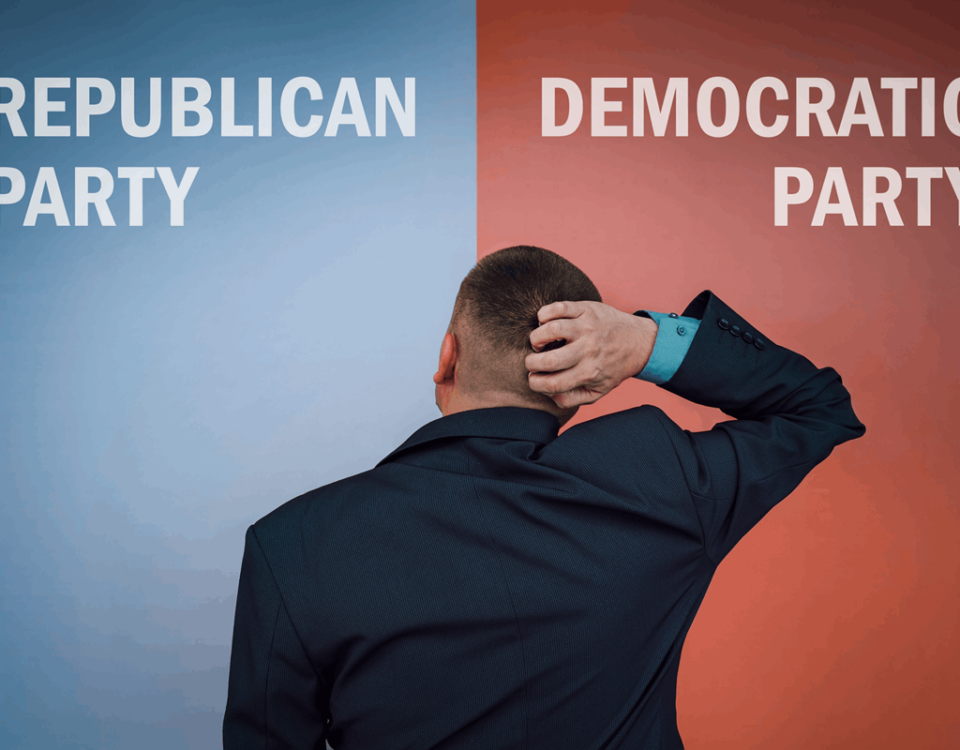
North Carolina Elections Board Allows Potentially Illegal Votes Because They Probably Didn’t Affect Outcomes
December 23, 2024
Joe Biden’s Abortion/Death Penalty Dichotomy
December 23, 2024Congressional Term Limits Pros & Cons
The debate over term limits for members of Congress has been ongoing for decades, with advocates arguing that such limits would lead to more effective governance, while critics warn of potential unintended consequences. Despite this persistent discussion, no term limits have been implemented for Congress, largely due to institutional inertia and legal obstacles.
*Pros of Congressional Term Limits*
Encouraging Fresh Perspectives: Term limits could allow new individuals with diverse backgrounds and ideas to enter Congress, breaking up longstanding political cliques. This change might prevent stagnation and introduce more innovative solutions to complex issues. A consistent influx of new lawmakers could also help reduce the power of special interests and political lobbyists, who often build long-term relationships with seasoned incumbents.
Reducing Careerism in Politics: Opponents of long tenures argue that Congress should be a place of public service, not a career. Term limits could discourage members from pursuing politics for personal gain or lifetime benefits and, instead, focus on legislative accomplishments. Career politicians often prioritize re-election, sometimes at the expense of making hard decisions or challenging their party’s stance. With term limits, legislators may feel freer to prioritize the needs of their constituents over their personal career interests.
Improving Representation: Term limits might prevent the dominance of powerful, long-serving members who often hold significant sway over legislation. This change could provide opportunities for a more dynamic and diverse range of voices and increase the likelihood of representatives reflecting the current views and needs of their constituencies.
Curtailing Corruption: With long tenures, some representatives may become entrenched in the political system and, thus, more susceptible to corruption. Term limits could reduce the influence of money and lobbyists by diminishing the incentive for special interest groups to “invest” in certain lawmakers, thereby encouraging greater accountability and transparency in Congress.
*Cons of Congressional Term Limits*
Loss of Experience and Expertise: Experienced legislators possess valuable knowledge of policy, procedure, and negotiation. These skills take years to develop and are crucial to effective governance. Limiting terms could lead to a loss of institutional knowledge, potentially resulting in ineffective legislation and increased reliance on unelected aides, advisors, and lobbyists.
Weakening Accountability: Legislators nearing the end of their term might feel less accountable to their constituents if they know they cannot be re-elected. This reduction in electoral accountability could encourage “lame duck” behavior, where lawmakers prioritize personal or party interests over the public good.
Empowering Bureaucrats and Lobbyists: As term-limited lawmakers cycle out of office, staff members, bureaucrats, and lobbyists with deeper institutional knowledge may gain more influence over the legislative process. This could result in an unintended shift of power from elected officials to unelected individuals, possibly undermining democratic accountability.
Possible Disruption to Legislative Cohesion: In Congress, relationships are crucial to building coalitions and passing legislation. Newer members might take time to build these relationships, potentially leading to more political gridlock and less productivity, especially in a polarized political environment.
*Why Term Limits Have Not Been Implemented*
One of the primary reasons for the lack of term limits for Congress is that any such change requires a constitutional amendment, a significant hurdle. Constitutional amendments require a two-thirds majority in both the House and Senate, followed by ratification by three-quarters of state legislatures. Given the benefits that incumbents enjoy in terms of re-election such as name recognition, campaign financing, and institutional support many lawmakers are understandably hesitant to limit their own time in office.
Moreover, the judiciary has influenced this debate. In U.S. Term Limits, Inc. v. Thornton (1995), the Supreme Court ruled that states cannot impose term limits on their federal representatives, indicating that only a constitutional amendment could make term limits binding. Despite widespread public support for term limits, lawmakers’ self-interest, legal barriers, and concerns about potential negative impacts have kept such limits from being implemented. This debate will likely continue, especially as voter frustration with perceived congressional dysfunction persists.
C. Rich
CRich@AmericaSpeaksInk.com

C. Rich is the voice behind America Speaks Ink, home to the America First Movement. As an author, poet, freelance ghostwriter, and blogger, C. Rich brings a “baked-in” perspective shaped by growing up on the streets and beaches of South Florida in the 1970s-1980s and brings a quintessential Generation-X point of view.
Rich’s writing journey began in 2008 with coverage of the Casey Anthony trial and has since evolved into a wide-ranging exploration of politics, culture, and the issues that define our times. Follow C. Rich’s writing odyssey here at America Speaks Ink and on Amazon with a multi-book series on Donald Trump called “Trump Era: The MAGA Files” and many other books and subjects C. Rich is known to cover.
“America Speaks Ink is a Google News approved source for Opinion”





